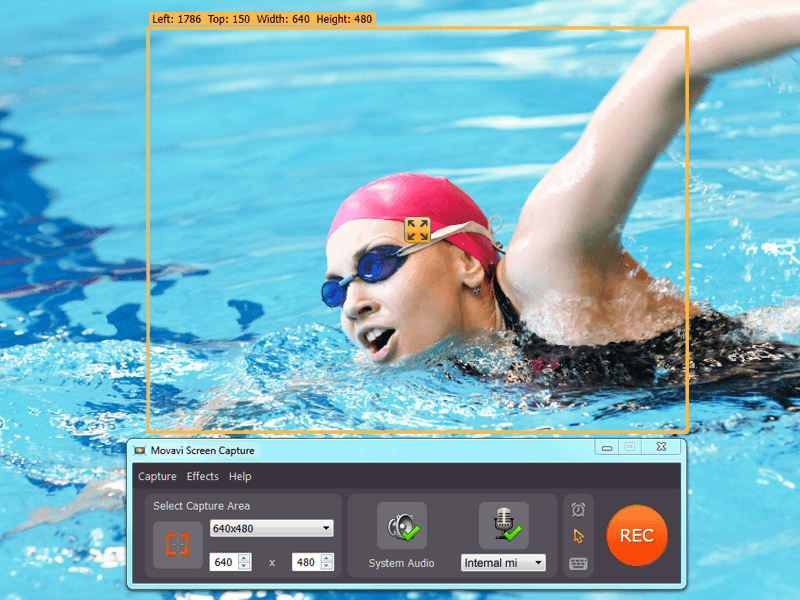Driving buses, coaches, and trucks is becoming more and more difficult as the industry continues to acquire more stringent regulation. The European Union directive introduced and implemented this new qualification back in September 2014, many experienced truckers and lorry drivers may be unaware of the new CPC certification and whether they are legally required to take the training or not.
The reasoning behind the Certificate of Professional Competence (CPC qualification) is to make sure only those who are highly skilled can legally drive heavy-duty vehicles. Primarily, it’s to increase the safety in the industry and most importantly, on the roads, meaning that all professional bus, lorry, coach driver etc. will need this new licence in addition to a vocational driving licence they may already have. People who don’t keep their skills polished are much more likely to suffer a road traffic accident. Most professional drivers continue to boost their skills and maintain them at their highest levels by entering rigorous training courses every five years, to ensure they are up to date with all the new legislation.
The Aims
Apart from trying to keep the roads safe, there are plenty of business benefits to you, as an employer:
- Lower insurance premiums due to fewer accidents
- Less business interruption due to fewer accidents
- Less wear and tear on vehicles due to better driving behaviour
- Increased fuel economy
- Improved staff retention
- Lower fleet maintenance
As an employee:
- You may be able to ask for an increase in pay, due to the increased knowledge you’ve gained
- You are more employable – for future, potentially employers
- You won’t get fined on the spot, which could potentially come out of your pocket
Do you need it?
Do you use a large goods vehicle (LGV) to transport anything you sell?
If yes, keep reading…
All prospective and existing professional drivers of Lorries, buses and coaches are affected by this. Whether you are new to LGV driving, or if you are existing working in this area but haven’t been offered the certification, it is essential that you are aware of what this new licensing requirement involves.
The Qualification
The Driver CPC Initial Qualification route is for any new drivers hoping to enter the road haulage or passenger carrying industries. The initial qualification is broken down into 4 parts, all of which drivers must pass in order to qualify and receive the certification.
- Part 1 – theory test (this includes a multiple-choice and hazard perception test – familiar?)
- Part 2 – the case studies test
- Part 3 – the driving ability test
- Part 4 – a practical demonstration test
If successful, your will be issued with a driver qualification card which must be kept with them at all times when driving professionally, and which will be valid for five years. If you want more advice Find your local CPC course centre, who tend to specialise in industrial and construction training, in this case you are looking for CPC advanced driver courses.
Following the initial qualification drivers must then complete 35 hours of periodic training every five years, in order to keep their Driver CPC status, this can all be done online.



